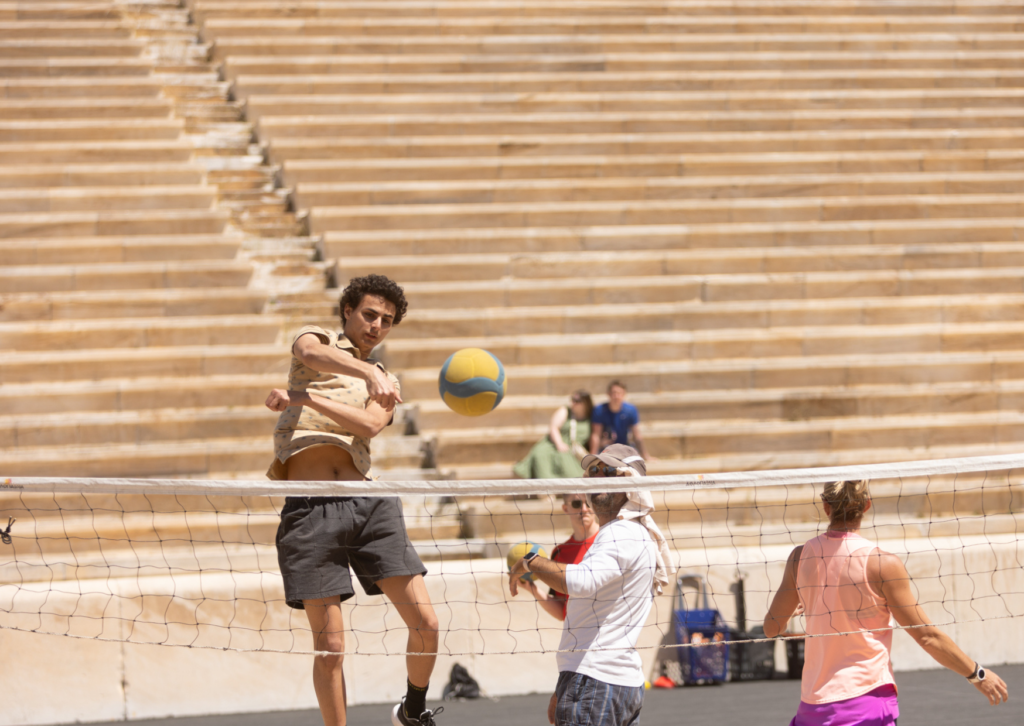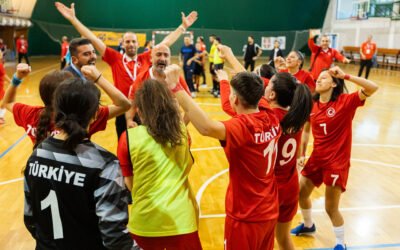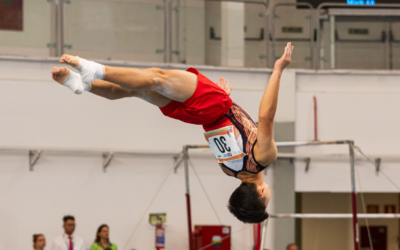When kids run, jump, score goals, or pass the ball, they’re not just playing—they’re building the foundation for a healthier, happier future. Sports in childhood are about much more than physical activity. They develop strong bodies and strong minds, teaching essential skills that last well into adulthood.
At the School Sport Foundation (SSF), we believe that the earlier children are introduced to movement and teamwork, the better prepared they’ll be for life’s challenges. Here’s why childhood sports matter long after the final whistle blows.
Healthy Bodies for Life
Children who play sports develop better coordination, strength, and flexibility. More importantly, they learn to enjoy being active, which sets the stage for a lifetime of healthy habits. Adults who were active as children are more likely to stay fit, have stronger hearts and bones, and maintain better overall health. The joy of movement starts early—and lasts for life.
Engaging in physical activity from a young age also helps children develop a better understanding of their bodies and builds a strong foundation for physical literacy. These early experiences influence long-term wellness and can reduce health risks later in life.
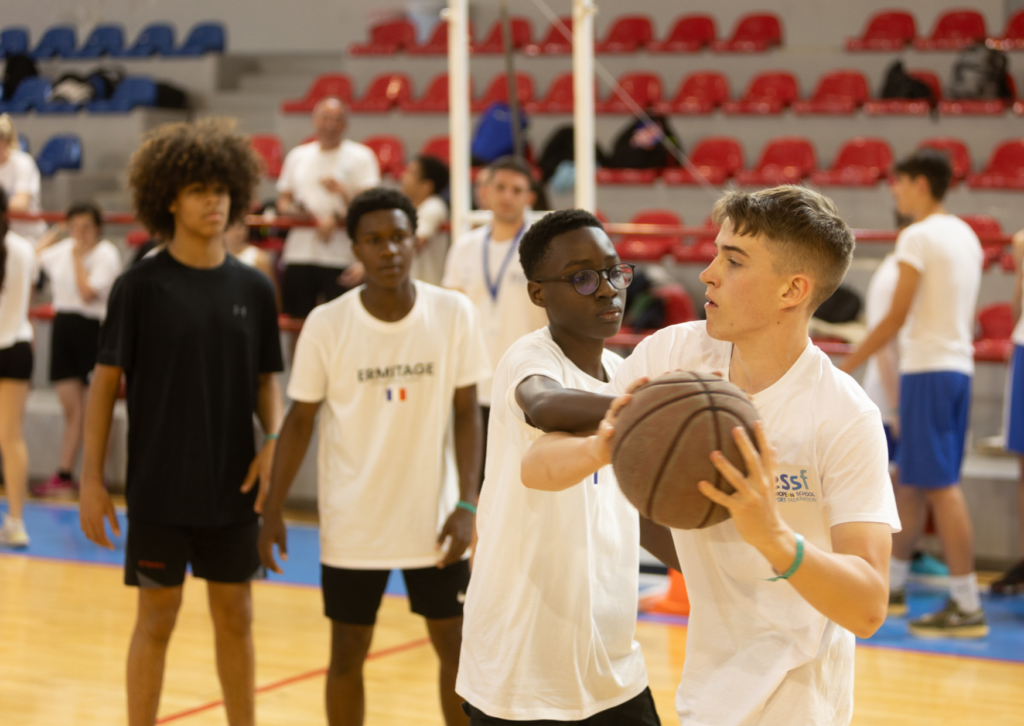
Confidence That Grows with You
Scoring a goal, completing a race, or even just improving at practice gives children a sense of achievement. These wins, no matter how small, build self-confidence that carries into school, work, and relationships later on. Kids who learn to believe in themselves through sport often grow up to become adults who face challenges head-on, with resilience and optimism.
Sports also provide a safe space for children to take risks, face fears, and learn from failures—all essential for developing a healthy self-image and confidence that isn’t shaken by setbacks.
Stronger Social Skills and Teamwork
Sports teach children how to collaborate, listen, and lead. Whether it’s passing the ball or cheering for a teammate, sports build social and emotional intelligence. These are the same skills that help adults succeed in the workplace, manage relationships, and contribute to their communities.
Playing in a team helps children understand empathy, fairness, and how to celebrate others’ successes. These early social interactions shape how they navigate group dynamics as they grow.
Discipline and Determination
Showing up to practice, sticking to rules, and learning from mistakes—all of these experiences shape a child’s sense of discipline and work ethic. Sports teach that progress takes effort and persistence—important lessons that help adults stay committed to long-term goals, whether it’s finishing university or building a career.
The habits of commitment, time management, and focus developed on the field often translate into stronger academic and professional performance in adulthood.
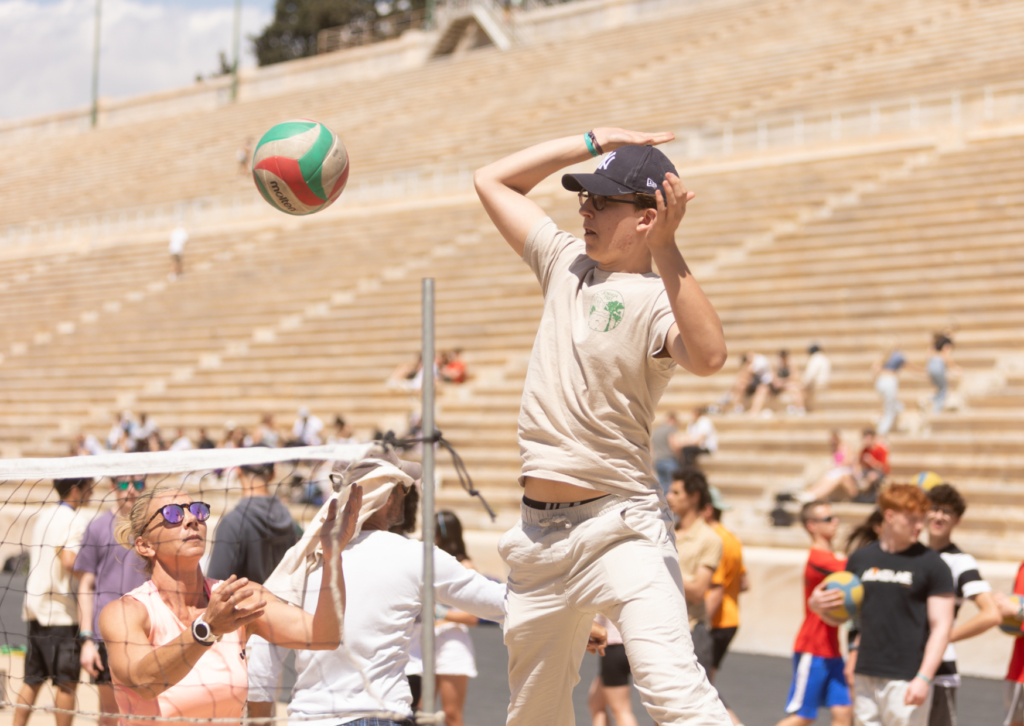
Mental Strength and Stress Relief
Movement isn’t just good for the body—it’s essential for the brain. Sports help children manage stress, regulate emotions, and develop healthy coping mechanisms. Adults who were active as kids are more likely to use exercise as a tool for managing anxiety and maintaining mental well-being.
Being physically active is proven to release endorphins, the “feel-good” hormones, which help children build emotional resilience and a positive mindset early on.
Friendships and Memories That Last
Some of the most meaningful friendships and unforgettable moments are made on the field, in the gym, or during a team trip. These shared experiences help children form deep bonds and carry positive memories into adulthood.
The joy of being part of a team or community stays with them forever—creating a sense of belonging and connection that enhances emotional well-being throughout life.
